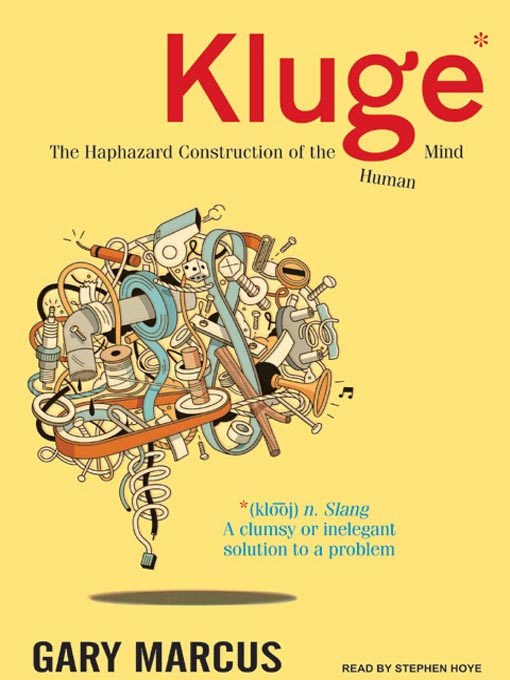- Series Starters
- Comics Series Starters
- Short Reads
- LOL Funny
- Feel Good Fiction
- Easy Reads
- Book to Screen
- Pop Culture
- Love Your Pet
- Local History
- Critical Darlings
- Comic Strip Collections
- For New Plant Parents
- See all ebooks collections
- New Audiobook Additions
- Listen to the Classics
- Great Narrators
- Try Something Different
- 5-10 Hours Long
- Fears for Your Ears
- Find Your Chill
- May the Fourth Be With You
- Listen Together
- Read by Bahni Turpin
- Read by Graeme Malcolm
- See all audiobooks collections
- Popular Magazines
- Let's Eat!
- In Stitches
- Celebrity & Gossip
- I've Got the Music in Me
- Wedding Planning
- Stylin’ & Profilin’
- Travel and Outdoors
- Track and Trail
- Women's Lifestyle
- Men's Lifestyle
- Play in the Dirt
- All About Cars and Motorcycles 🚗🏍
- See all magazines collections



